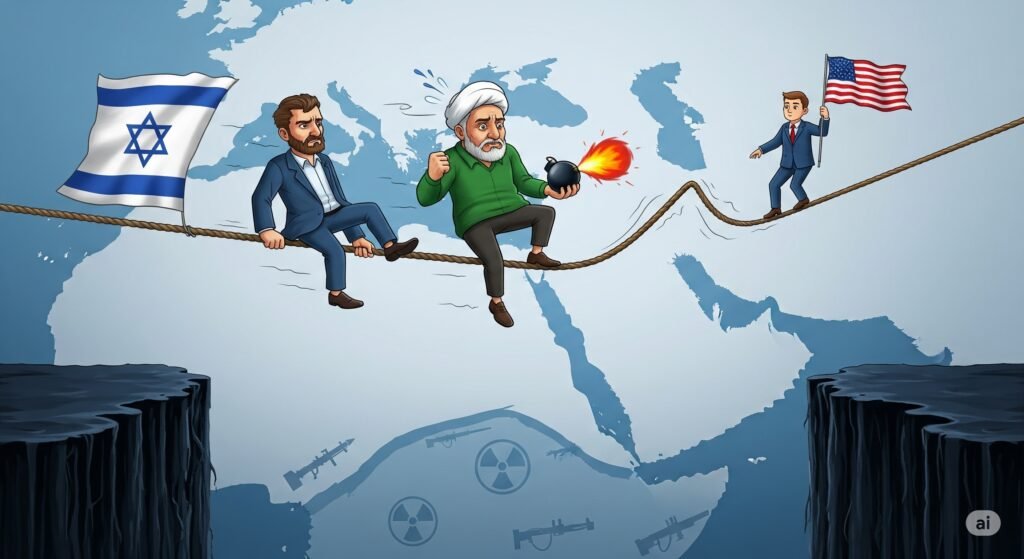Tensions soar between Israel and Iran over nuclear ambitions. Could Israel act alone if the US doesn’t intervene? We explore the complex dynamics.
The ongoing friction between Israel and Iran has long been a source of global concern, particularly regarding Iran’s nuclear program. Speculation often arises about how different global powers, especially the United States, might respond to potential escalations. But what if the familiar script is flipped? What if, in a moment of heightened tension and potential military action, the United States, for whatever reason, chose to hold back? Would Israel, feeling its security directly threatened, consider unilateral action against Iran’s nuclear facilities, specifically a site like Fordow? This scenario, though fraught with risk, raises critical questions about regional stability and the future of nuclear proliferation.
The Shadow of Fordow
The Fordow Fuel Enrichment Plant is a particularly sensitive location. Its underground construction offers it a degree of protection against conventional airstrikes, making any potential military action against it a complex undertaking. This inherent challenge naturally leads to discussions about the kind of force that might be deemed necessary to neutralize the facility, fueling the most extreme and unsettling questions.
- The underground nature of Fordow complicates conventional military options.
- Concerns about the potential for a “breakout” – Iran rapidly achieving weapons-grade uranium – add urgency.
- The international community closely monitors any developments related to the site.
A Lone Wolf Scenario?
The idea of Israel acting alone against Iran’s nuclear program is not new. Israeli leaders have consistently stated their commitment to preventing Iran from acquiring nuclear weapons, even if it means taking unilateral action. However, such a decision would carry immense risks and potential repercussions.
- It could trigger a wider regional conflict, drawing in other actors.
- The military capabilities required for such an operation are significant and not without their own vulnerabilities.
- International condemnation would likely follow, potentially isolating Israel on the global stage.
The US Factor
The United States has historically been Israel’s closest ally, and its potential involvement significantly shapes the strategic calculations in the region. If the US were to step back from actively participating in or supporting a strike, the calculus for Israel would drastically change.
- Would Israel perceive a lack of US support as an existential threat demanding immediate action, regardless of the consequences?
- Could the absence of US involvement embolden other regional players or adversaries?
- What would be the long-term impact on the US role and influence in the Middle East if it chose not to intervene?
Navigating a Dangerous Path
The situation remains highly volatile and unpredictable. While the scenario of Israel resorting to extreme measures is largely speculative, it underscores the gravity of the situation and the high stakes involved in managing nuclear proliferation in a turbulent region. The decisions made by leaders in Washington, Jerusalem, and Tehran will have far-reaching consequences for global peace and security. Understanding the potential triggers and the possible actions of each involved party is crucial for anyone seeking to grasp the complexities of this critical geopolitical challenge.











